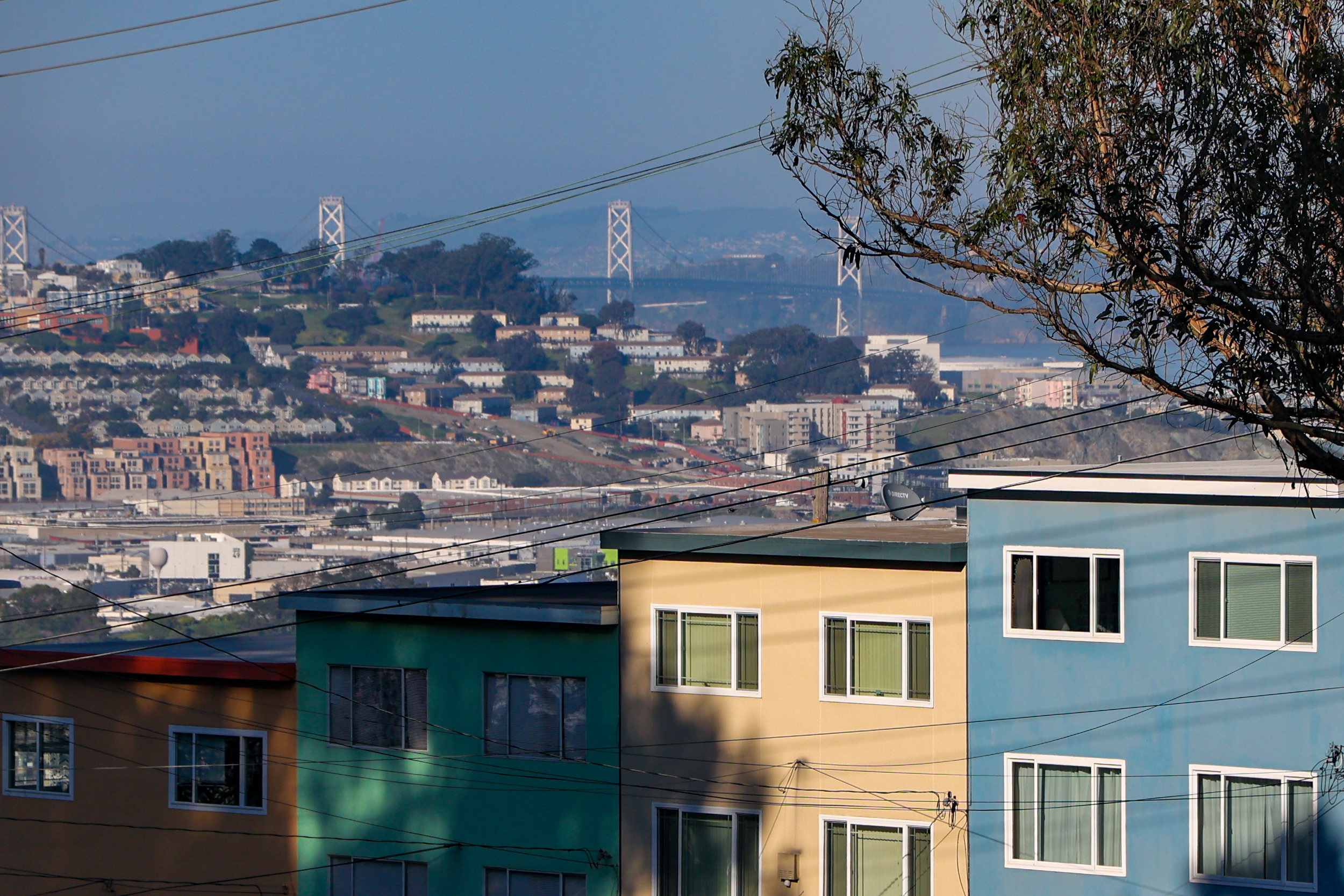A Board of Supervisors-backed housing measure will stay on the November ballot after a Superior Court judge ruled on Tuesday against a pro-housing group that sought to have the measure struck from the ballot.
Proposition E, proposed by District 1 Supervisor Connie Chan, is described as a streamlining measure that would speed up certain housing projects as long as they meet certain affordability and labor requirements. Its opponents unsuccessfully argued that the measure should be struck from the ballot because it did not go through the state’s environmental review process, as outlined in the California Environmental Quality Act (CEQA). On Tuesday, Judge Richard Ulmer denied their petition to have it removed, leaving the measure up to voters.
In his ruling, Ulmer argued that San Francisco voters should have the opportunity to vote on the measure, leaving the question as to whether Prop. E is a “project” requiring CEQA review for after the election. He also questioned why Chan’s measure alone should be subject to environmental law, while Proposition D, a rival measure backed by Mayor London Breed and pro-housing groups, is not.
Prop. D, proposed by local housing groups including the Housing Action Coalition, which brought the suit, aims to streamline building affordable, mixed-income and teacher housing by exempting qualifying projects from CEQA and the city’s project-by-project review process.
While the suit focused on the legality of Chan’s measure, proponents of Prop. D have called Prop. E a “poison pill” designed to kill their measure by splitting the vote and tacking on labor and affordability requirements that are too onerous, making housing projects infeasible.
“We are as offended when the Board of Supervisors weaponizes CEQA to stop housing as when they ignore CEQA to stop housing,” said Todd David, senior adviser and former executive director of the Housing Action Coalition.
In response, the city argued that the CEQA question should be decided after the election, and that the measure shouldn’t be considered a “project” under the state environmental law.
“I think the voters need to vote,” said Deputy City Attorney Andrea Ruiz-Esquide at Thursday’s hearing in front of Ulmer. She argued that even if the ballot measure were a project, its environmental effects were already studied as part of the 2009 Housing Element, which they say included a similar proposal.
On Thursday, Ulmer expressed frustration that he was being asked to rule on such a complex legal question in a hurry. The ruling needed to be finalized by Sept. 7 to give the city’s elections department enough time to edit its ballots before they are printed in mid-September.
“You’re asking me to make a really dense, legal analysis in a few days,” Ulmer said in Thursday’s hearing. “It’s not the sort of thing I would do if I didn’t have to.”
Ultimately, the decision came down to timing.
“These issues merit reasoned consideration, not a hip shot shortly before ballots go to the printer,” Ulmer wrote in the ruling.
Editor’s Note: This article has been updated to clarify Judge Ulmer’s decision regarding Prop. E on Tuesday.
